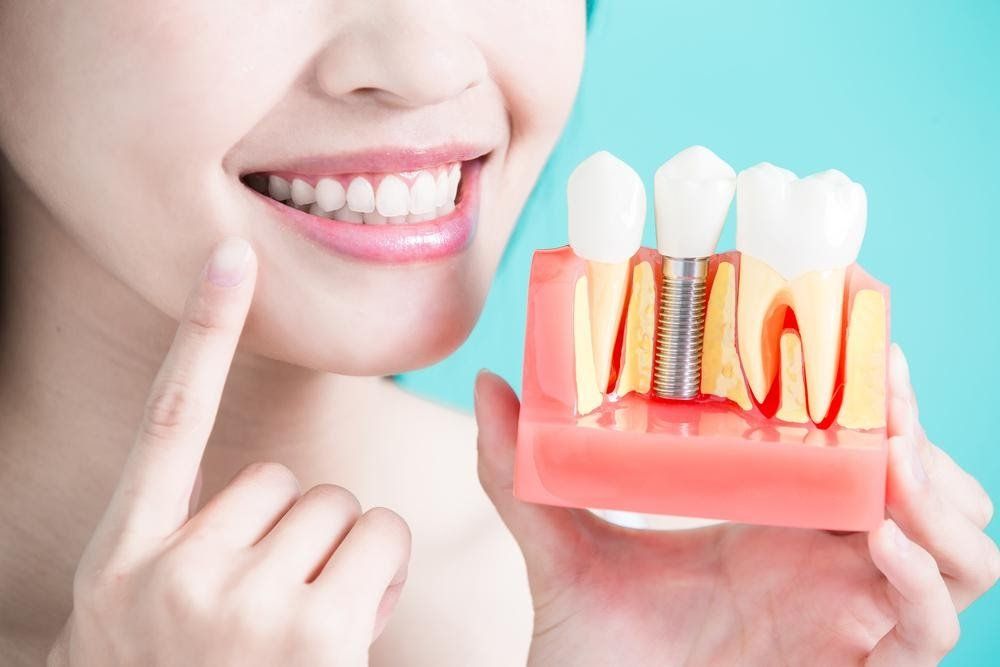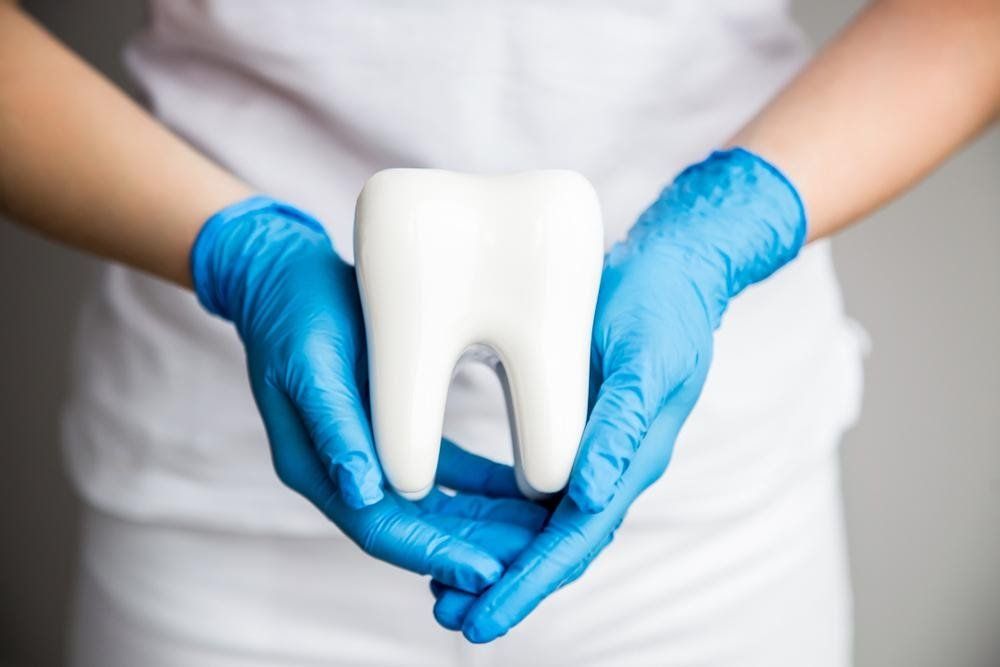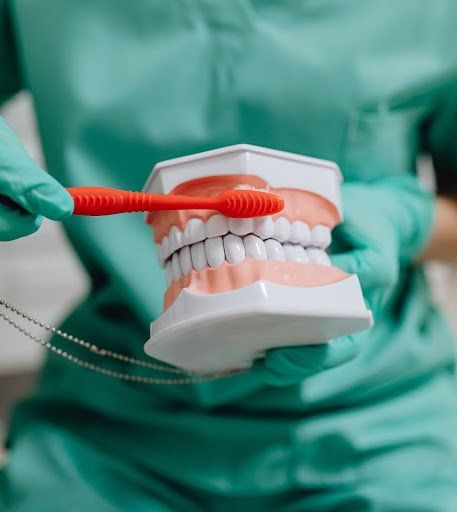5 Questions You Need to Ask Before Getting Dental Implants
- by Milena Marguenski
- •
- 26 Feb, 2021
- •

Dental Implants are replacements for crippled, missing, or decayed teeth. It is recommended when RCTs are ineffective to treat your damaged teeth.
A dental implant procedure includes the use of fixtures and crowns to support your jawline, and enhance your smile. With the evolution in dental technology, you may also come across other dental implant processes, namely All-on-4 or 6. We advise this type of treatment for patients who require complete section replacement.
Are you suggested to get a dental implant by an advanced dental care clinic in Brooklyn NY.? Before going ahead with the treatment, here are a few questions that you should ask your dentist.Q 1. How Will Dental Implants Benefit My Oral Health?

You need to understand the benefits of dental implants. Firstly, they are known for replacing teeth with an artificial one that appears and functions as real. Implants are fixed with screws in the jawbone once the decayed tooth is extracted and tissues are healed.
The tooth-like crowns are then set in the space that helps you chew and talk properly. No matter your age, dental implants are an ideal treatment to stay confident and smile carefree for years.Q 2. Is Dental Implant a Safe Option?
According to experts, implants are the safest and affordable procedure to fix missing or damaged teeth. It suits every age.
If you’ve any medical history related to teeth or you’re regular on medicines, let your dentist know. Your doctor will customize your dental procedure based on the information,
Q 3. What is the Cost of Dental Implant Treatment?
It may cost you between $2000- $10000 or more depending on your requirements — whether for single teeth or a complete section.
This treatment has grown in popularity over the last one or two decades. If you’ve an insurance cover that includes the dental implant procedure, it would cost you nothing.
Many insurance companies don’t cover it, depending on the location and service provider you choose. They usually categorize its treatment under cosmetic surgery.
Q 4. What’s the Durability of Dental Implant Treatment?
Dental implants are long-lasting, staying with you for years if taken proper care of. The durability of this procedure depends on how you maintain your implants.
Regular brushing your teeth, dental checkup, and maintaining hygiene is an ideal way to sustain your implants.
Q 5. How Long Does it take for Dental Implants?

First, they set an implant in the affected area, which takes about 30minutes to accomplish. The process takes longer only during the infusion of the implant. The implant takes 5-6 months to get infused in your jawbone.
After that, a tooth-like crown is set on those fixtures, enabling you to chew food seamlessly and smile confidently.
Conclusion
Dental Implants can bring your life back on track as you can smile with confidence, eat properly, and talk smoothly. It is a reliable, permanent, and cost-effective dental solution for all ages.
We know you’ve more questions related to implants or dentures. We recommend seeking professional guidance from dentists to understand the treatment better.


Brooklyn residents often wonder whether their tap water is helping or harming their dental health. One key factor in this debate is
fluoride
, a naturally occurring mineral added to public water supplies to prevent cavities. But does Brooklyn tap water really protect your teeth from decay? In this blog,
we’ll
uncover the truth about fluoride levels in NYC’s water and whether it plays a significant role in cavity prevention.

Sudden gum swelling is a dental condition that requires immediate attention, even if there is no pain. Gum health is often overlooked, but it is essential for overall oral well- being. Swollen gums may seem harmless at first, but they often indicate underlying issues that can worsen if left untreated.
Many people think of dental emergencies as situations with severe pain, but it's important to understand that discomfort isn't always a reliable sign of serious problems. Just because there is no pain doesn't mean there is no risk. Sudden gum swelling should be treated as an emergency , emphasizing the need for prompt professional evaluation.
Ignoring swollen gums can lead to more severe complications, affecting both oral health and general wellness. By understanding the seriousness of this condition and
seeking timely intervention, you can prevent further damage and ensure that your gums—and teeth—stay healthy and strong.
A skilled dental team can properly assess and treat any swelling. Prioritize your gum health by taking action when you notice unusual changes, protecting your smile for the future.
It's important to remember that maintaining good oral hygiene, including flossing your teeth regularly , can help prevent conditions like gum swelling. Additionally, if you're interested in improving your smile beyond just addressing gum issues, there are various options available in cosmetic dentistry that you should know about. Finally, if you're looking for ways to achieve a brighter smile, there are effective methods on how to get whiter and brighter teeth at home that you might find helpful.

If you thought that oral health problems are only for adults, then think again. The first teeth start appearing by 4 to 5 months of age. Then by the age of 3, kids have a full set of teeth. This is the time when parents have to be extremely careful about oral hygiene.
By the age of 6-7, the primary teeth start to fall out to make space for the permanent teeth. These permanent teeth are the ones that will stay with them for the rest of their lives. However, there are certain oral problems such as tooth decay, lip sucking, and early teeth loss.
Let’s take a look at these common oral health problems.

With the procedures’ popularity, several pharmaceutical companies launched their over-the-counter teeth whitening kits. This made the procedure more accessible and cheaper as compared to a professional session.
But which one is better? Let’s understand both the procedures first.





